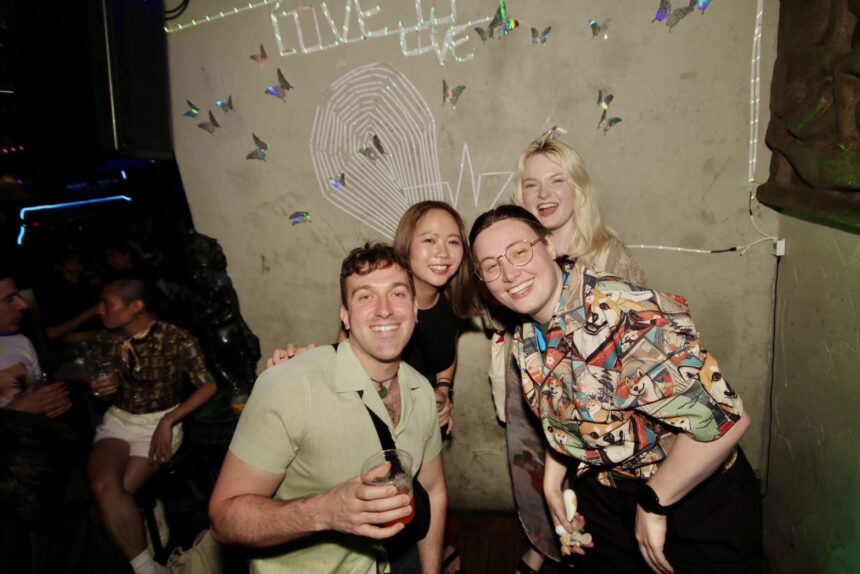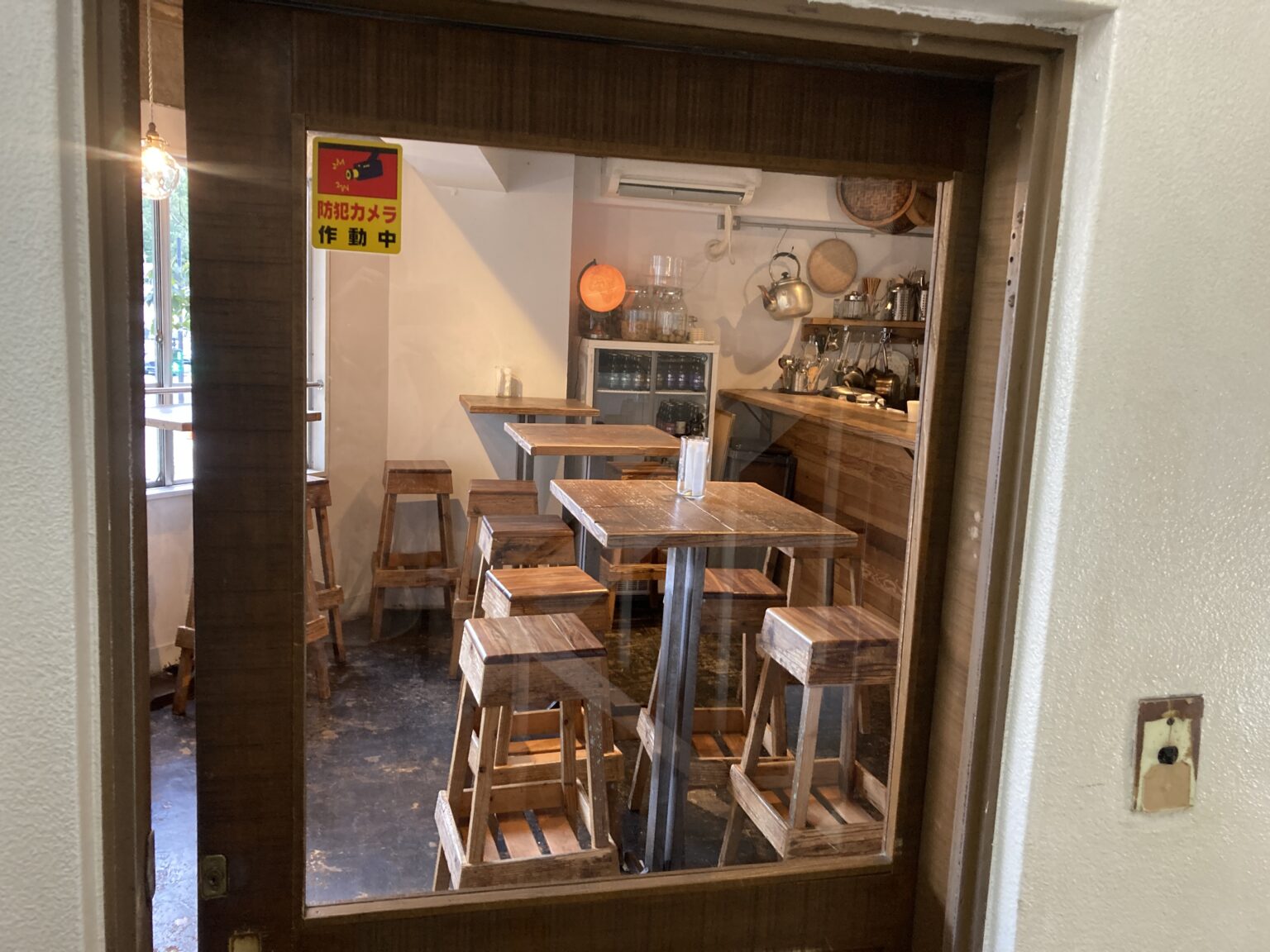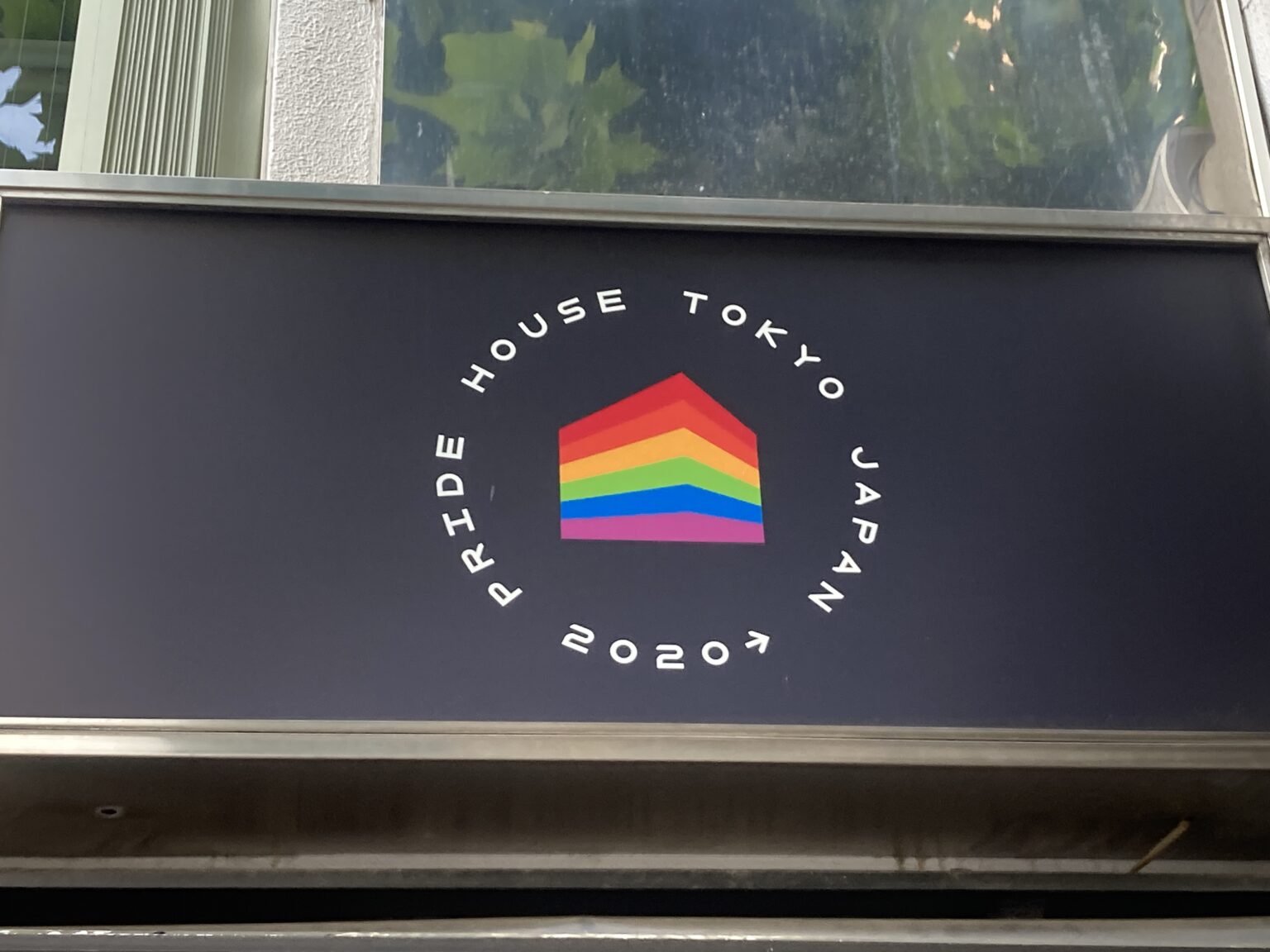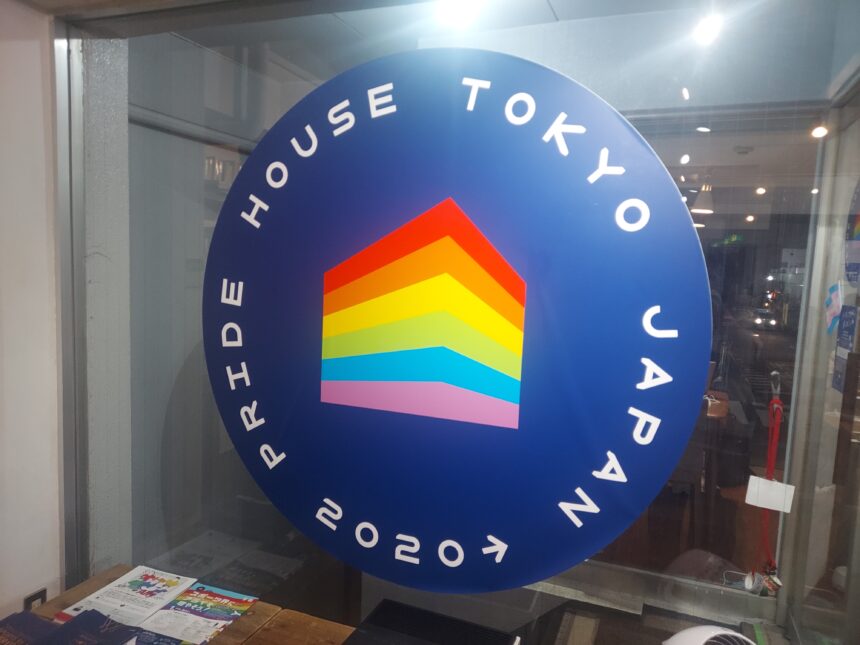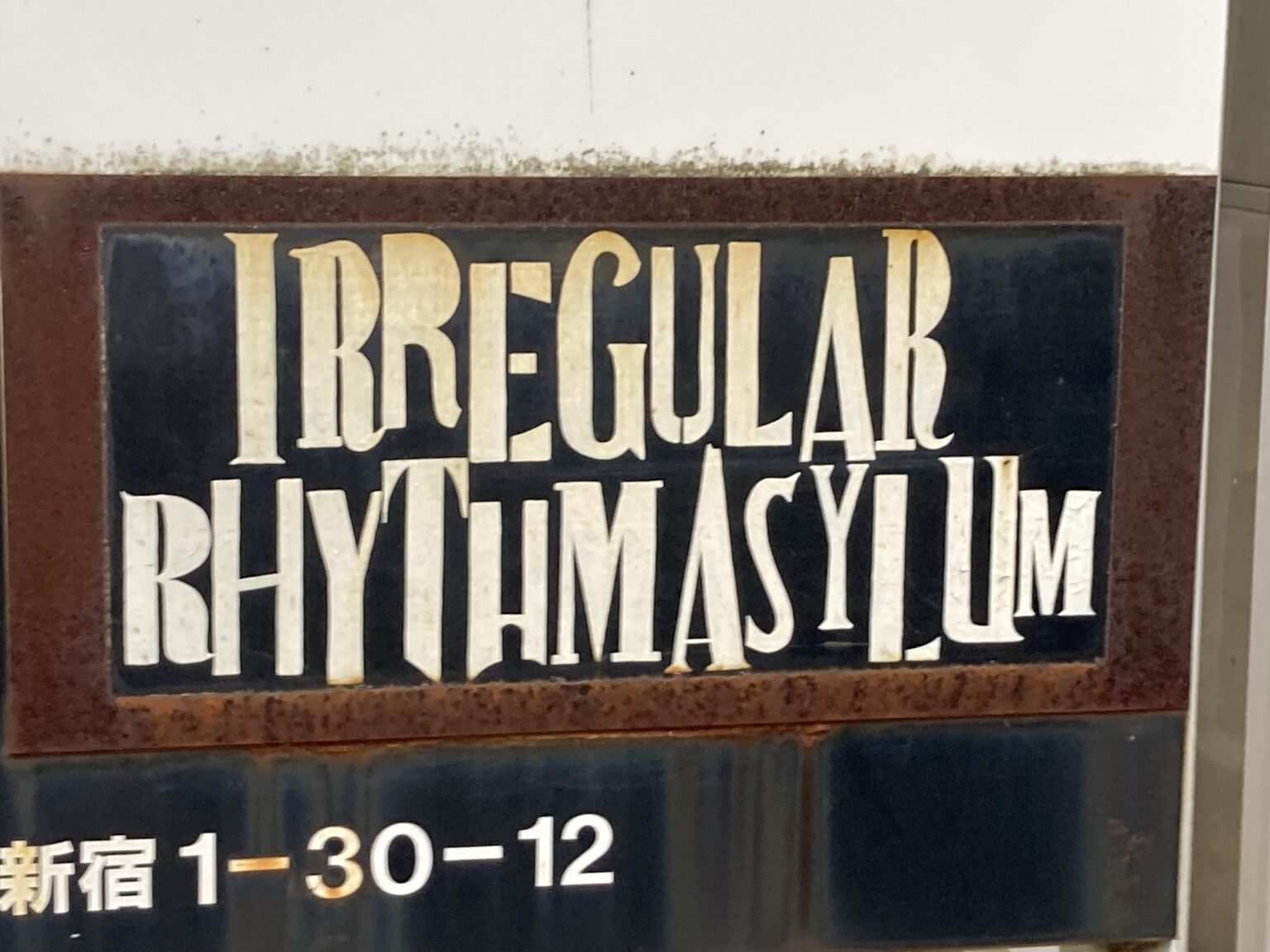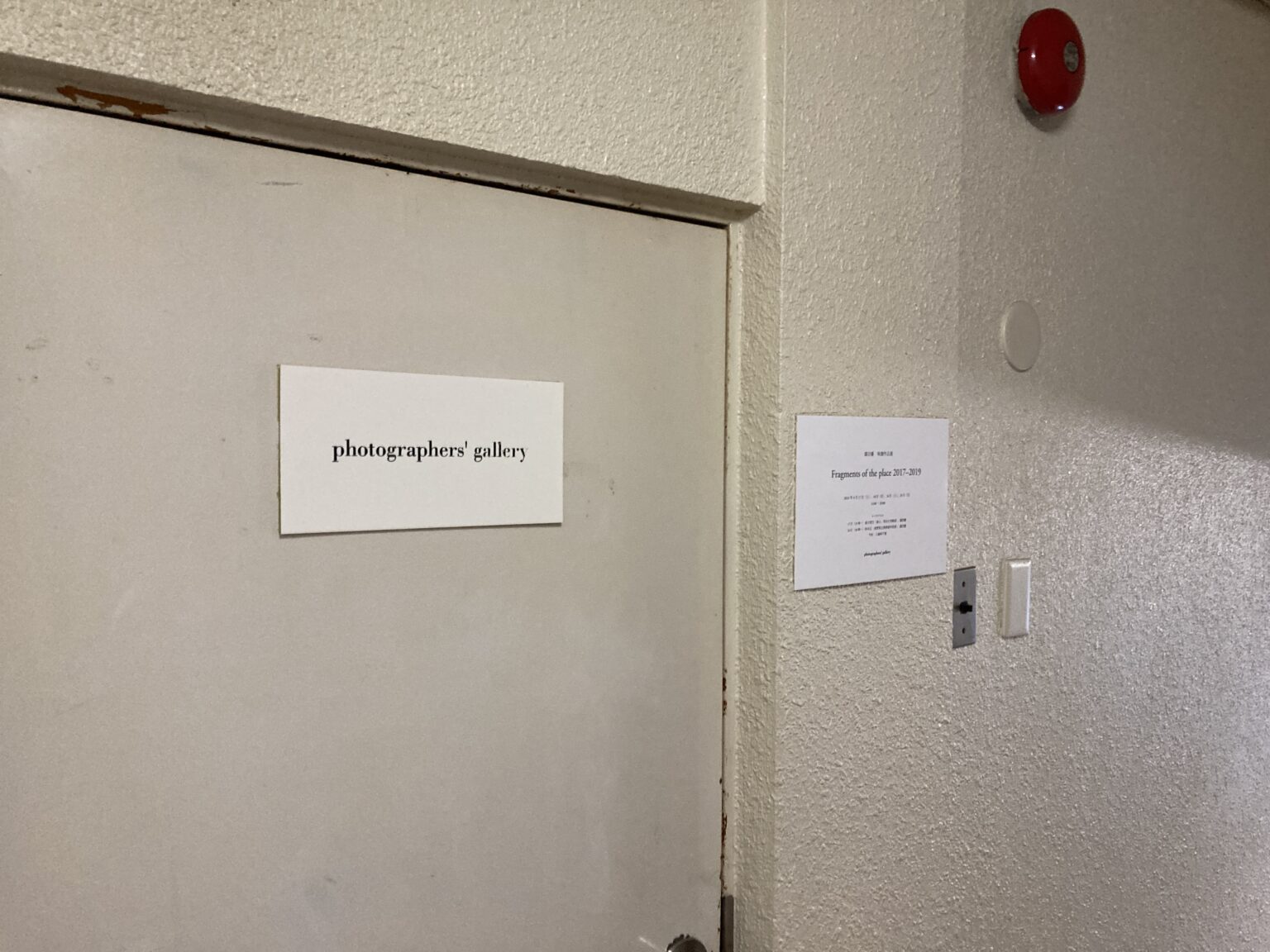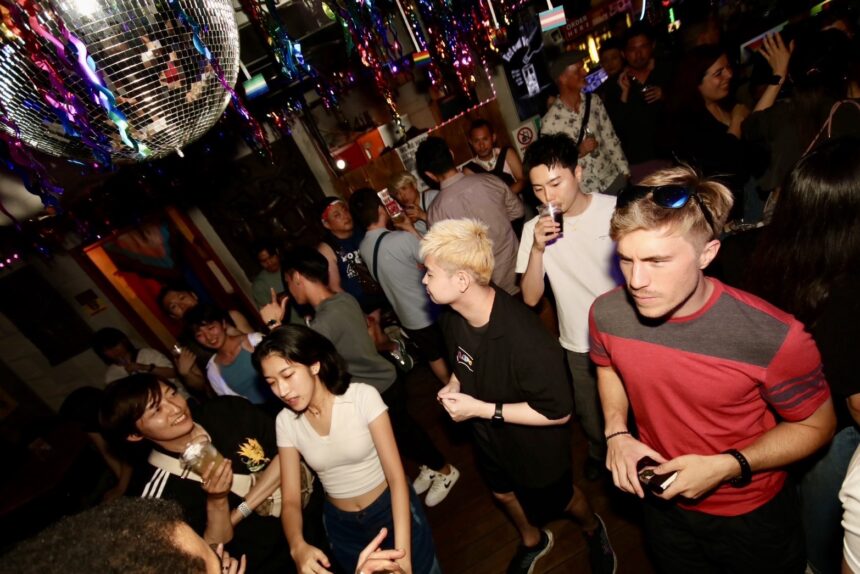Day Plan in Nichome
Shinjuku’s Nichome area is well-known both as the city’s gay district and as a fantastic place to go to enjoy exciting nights out. But the nightlife is only half the story: what does Nichome offer in the day? Luckily, there are plenty of cafes, restaurants, and attractions that cater to the LGBTQ community and others. Let’s check out a few now!
Coffee Spots in Nichome
Although Nichome is renowned for having the highest concentration of LGBTQ bars and clubs in Asia, as a part of the bustling commuter hub of Shinjuku, it also has an incredible scene for coffee lovers and foodies. Cuisine from all over the world can be found here, and for anyone popping in early in the morning, there are plenty of cafes and coffee shops to get your caffeine fix.
Shinjuku Dialogue
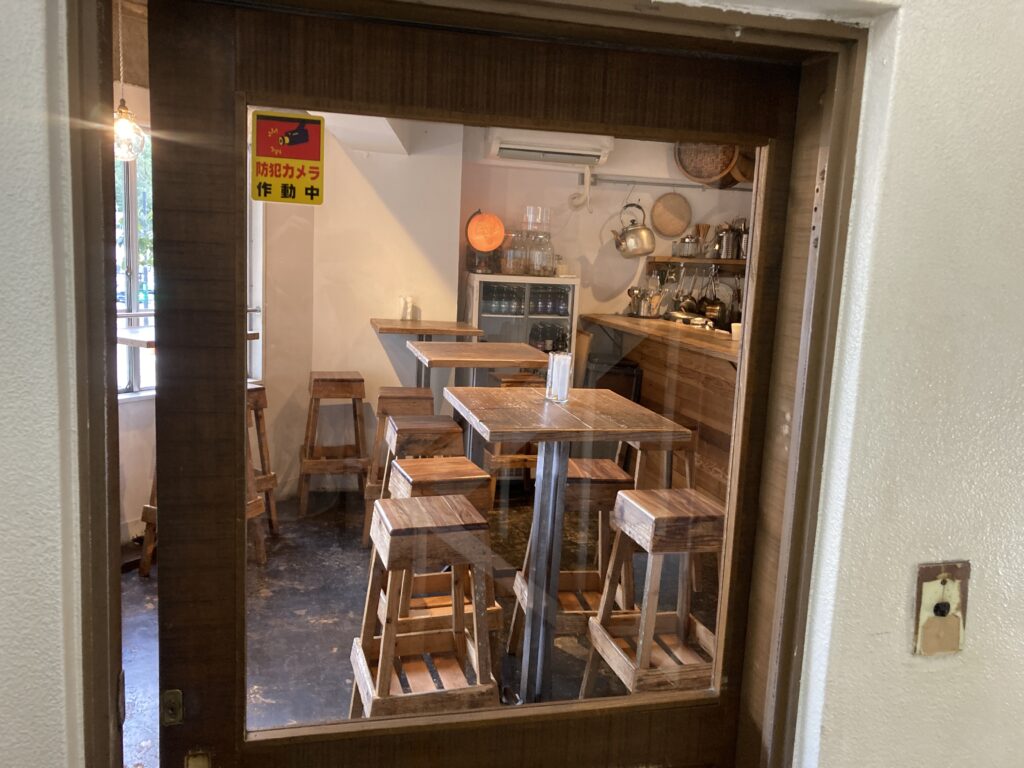

This Nichome, Shinjuku institution is not just LGBTQ-friendly cafe, but is also dedicated to being eco-conscious and caters to vegans, which is a relative rarity in Japan. Opening at 11am, patrons should sample the Amazake Tea Latte, a non-alcoholic “sweet sake” drink made with soy milk, which pairs incredibly with its pastries and sweet dishes, such as tiramisu or apple pie. After its afternoon break, it reopens as a bar at 6pm, so if you like it here, you can come back for more in the evening.
Customers are regularly impressed not only with the high quality of the food and drink on offer, but also by the ability, at the end of their visit, to make a donation towards sustainable development goals (SDGs) causes. Definitely a top pick for people who want peace of mind with their piece of cake.
KIboKo Organic gallery & wine
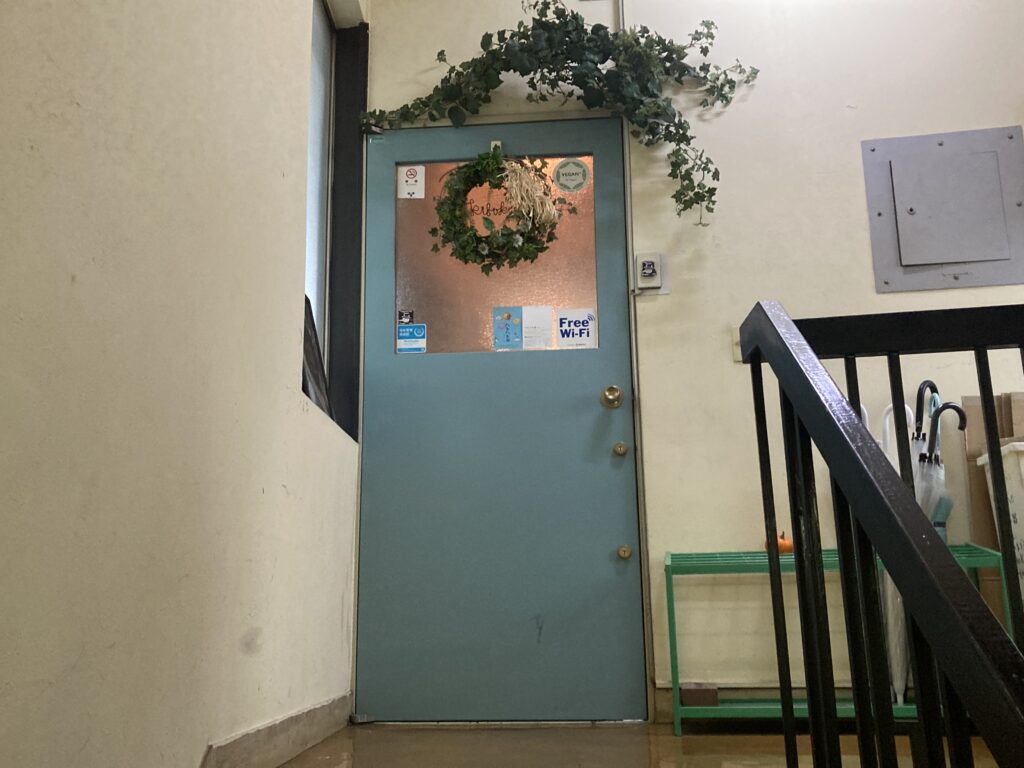

KiboKo is a woman-owned restaurant that has a focus on healthy, organic food, and has an extensive vegan menu. In order to prevent food waste, customers are asked to make reservations the day before, so that the chef can cook exactly the right amount of food per day. The vegetables used in the dishes are all organically grown with no pesticides or fertilizer. KiboKo was originally created as a relaxing place for Japanese working women, but it welcomes anyone who wants to enjoy sustainable food made with delicious, naturally-grown Japanese vegetables.
It also boasts a wide variety of organic wines from Australia, as well as vegan beer and its own homemade umeshu, known as “plum wine”. It also has an English menu, so anglophone guests will never be confused – all part of the top-notch service that visitors rave about just as much as the food.
Rainbow Burritos Doumo
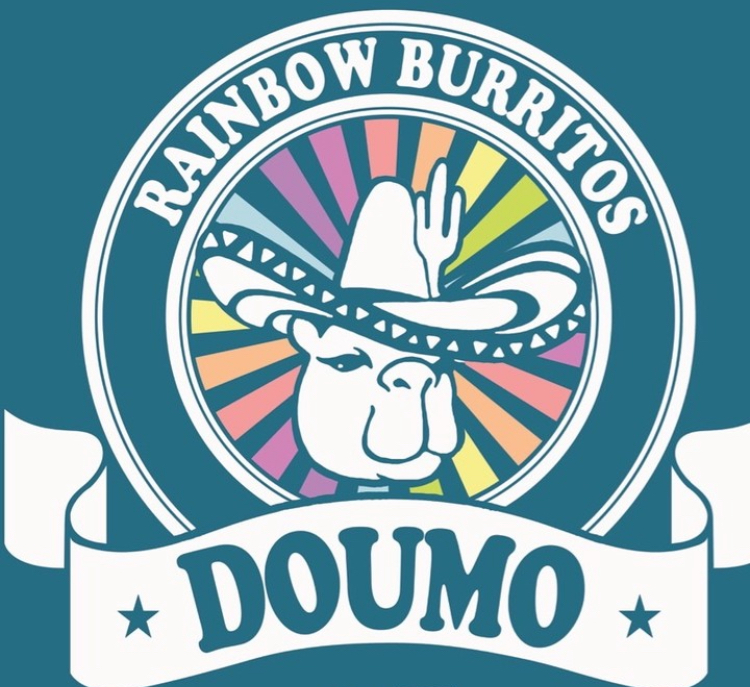

Before you go out and swig some beer, sip some champagne, or sample a cocktail or two, it’s always a good idea to line your stomach, and how better than with some hearty burritos? Opening in the mid-evening, and Inspired by Californian-style Mexican food, Rainbow Burritos Doumo is an LGBTQ-welcoming restaurant that encourages people of different sexualities, nationalities, and beliefs to mingle while they experience their delicious, spicy dishes.
Visitors note the friendliness of the staff, as well as the focus on quality rather than quantity when it comes to the menu: it may not be as expansive as other Mexican restaurants, but the narrow focus on creating just a few kinds of burritos, tacos, and quesadillas in such an inviting atmosphere gets high marks from regulars and tourists alike.
Culture of Nichome
Now that you’ve been caffeinated and had a tasty pastry or a filling meal, it’s time to sample some of Nichome’s culture. As Shinjuku’s historical gay district, there are a number of places you can visit that can take you through the ups and downs of its decades as a queer hub, as well as more contemporary art and politics.
Pride House Tokyo Legacy
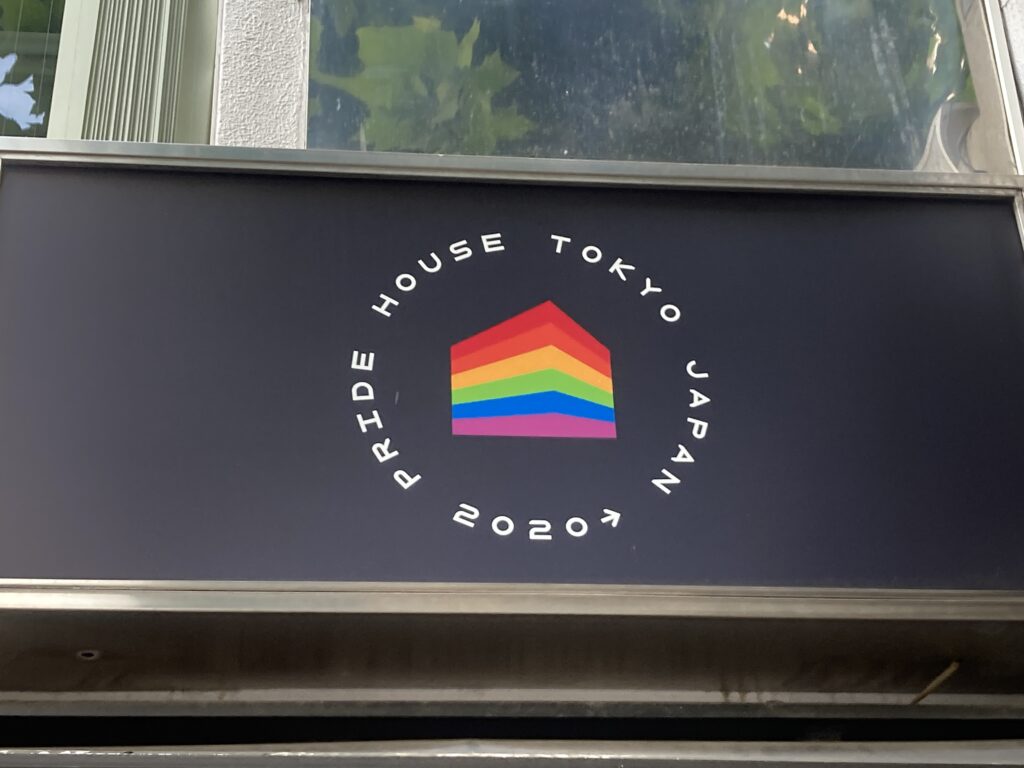

A permanent fixture opened following the 2020 Olympics, based on similar Pride Houses established overseas, Pride House Tokyo Legacy holds regular events to celebrate the gay community in Nichome, Shinjuku, Tokyo, and beyond. It also offers counseling and assistance for anyone facing discrimination, and has a library of nearly 1,500 books to learn about LGBTQ history in Japan, as well as knowledgeable staff who can talk you through Japanese queer culture directly.
LGBTQ visitors highlight how cozy, warm, and welcoming Pride House is, and how it makes a nice alternative to making friends and bonding with people in a bar. Sometimes it’s nice to just have a chat in the bright light of day.
Read more about Pride House Tokyo in the article below.
Irregular Rhythm Asylum
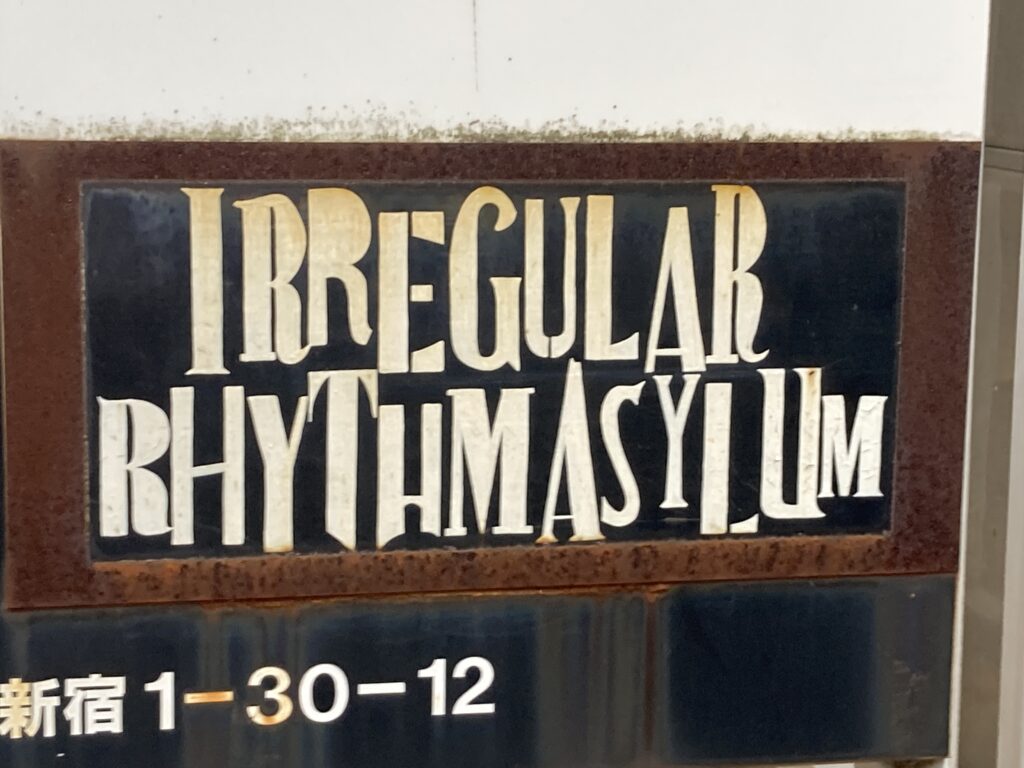

A haven for anyone interested in Japanese counter culture, Irregular Rhythm Asylum is the heir to 1960s Japanese radicalism. One of the few remaining Shinjuku locations that caters to people looking for underground, subversive, and artistic movements, this cross of a bookstore, an art gallery, and music shop is designed to be a place for free thinkers to come together and exchange ideas and philosophies. This naturally extends to LGBTQ thought, queer theory, and activism. It’s the perfect place to have a calm discussion, a heated debate, or just pick up some Zines.
It’s also noted for being worth a visit even if your Japanese could use some work, as there are books on topics such as socialism and anarchism in English and Spanish. And although the ideologies in the texts, music, and art available are exciting and radical, it also has a comfy sofa space where you can sit and sip on an anti-patriarchy coffee – no, that’s not a joke, Irregular Rhythm Asylum is just that cool!
Photographers’ gallery
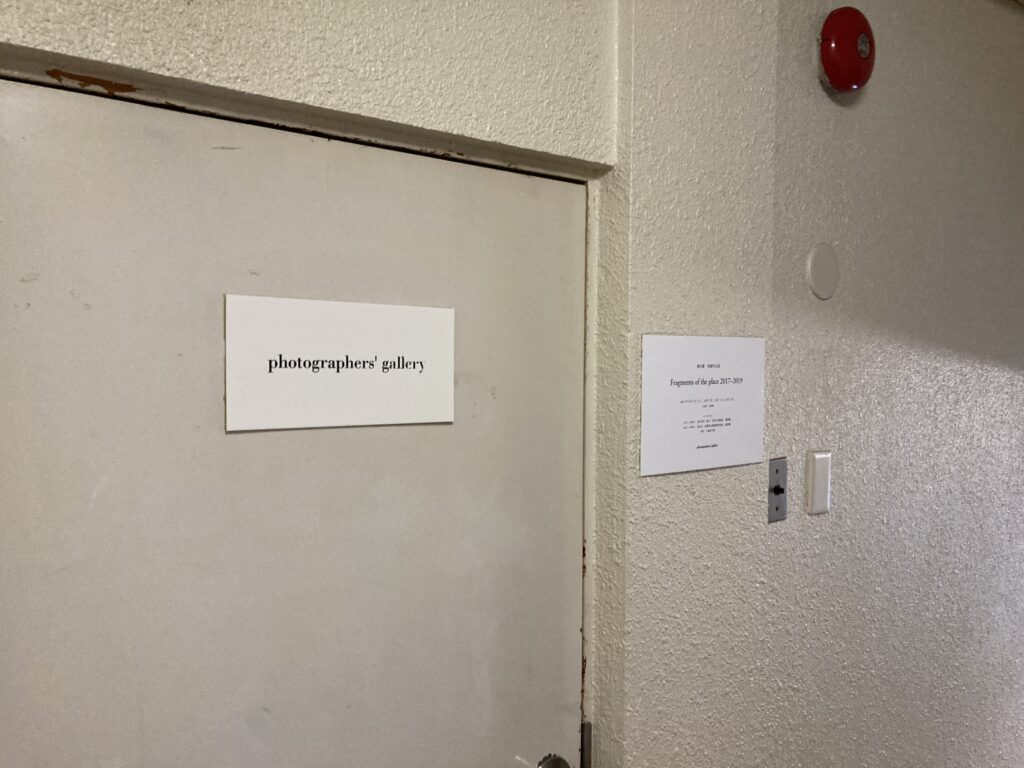

For over twenty years, Photographers’ gallery has occupied its small space in Nichome as a minimalist art gallery specializing, as the name suggests, in photography. The gallery is jointly run by a diverse group of photographers, ranging in age and experience from up-and-comers in their 20s to veteran lensmen and women in their 50s, and membership is currently 17 artists strong. The gallery is no narcissistic project, however: in addition to their own work, the owners of the gallery regularly host displays of photographs by guest artists.
The gallery is also host to events, seminars and lectures, in order to deepen the understanding and appreciation of photography and visual art generally among visitors. As a free gallery operated by volunteer artists, the goal is to prevent artistic expression from being a “toy” of the self-obsessed, but rather to allow photographers to share their work with the public and empathize more closely with their audience.
A Dream Day, Not a Daydream
This list is hardly exhaustive, as Nichome and Shinjuku more broadly are home to a vast array of things to do and see, as well as places to eat and drink. Whether you’re soaking in the atmosphere before you soak up some nightlife, or you simply prefer sunlight to streetlights, there are enough attractions, cafes and restaurants to keep you coming back day after day.
If you want to know a full-day plan in Shinjuku Nichome, check this article below!
